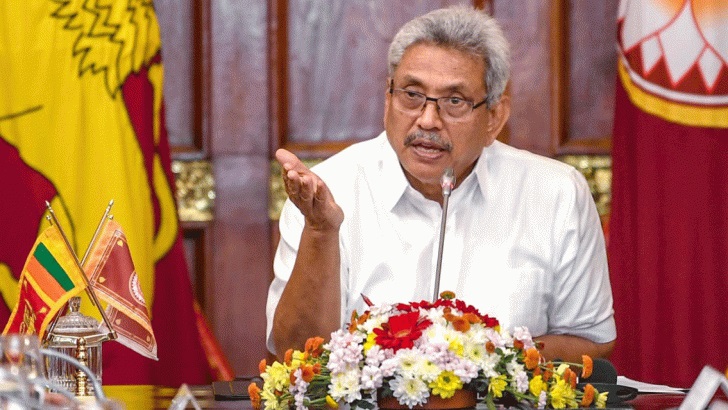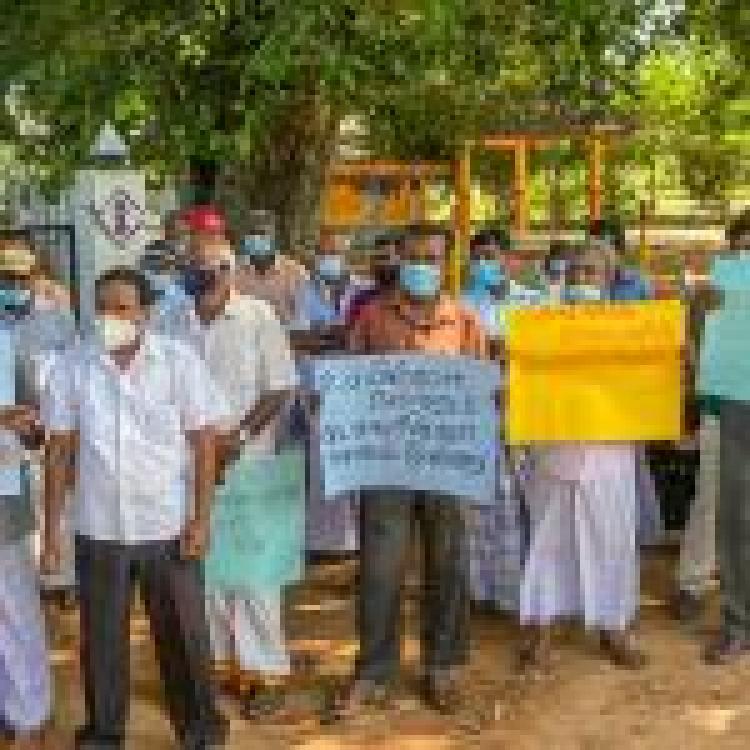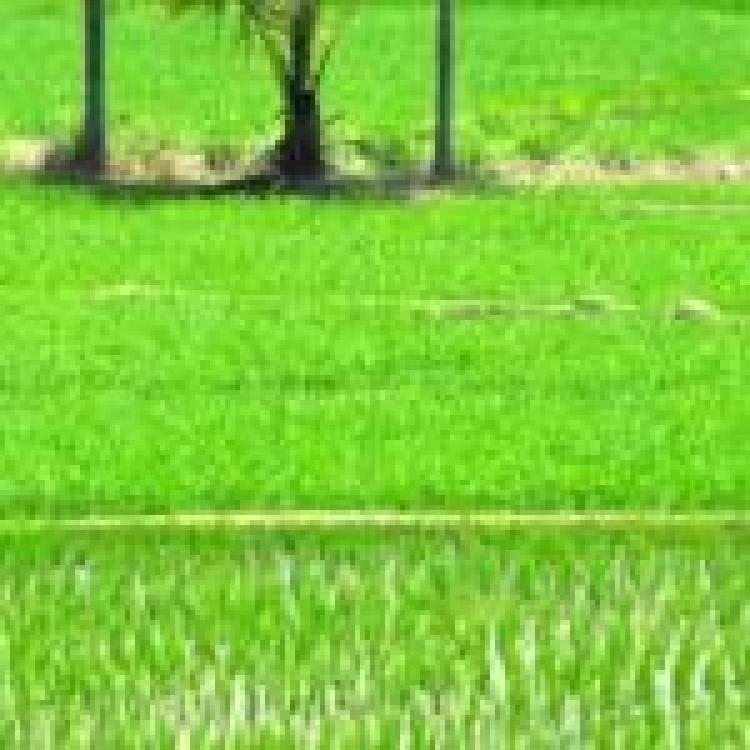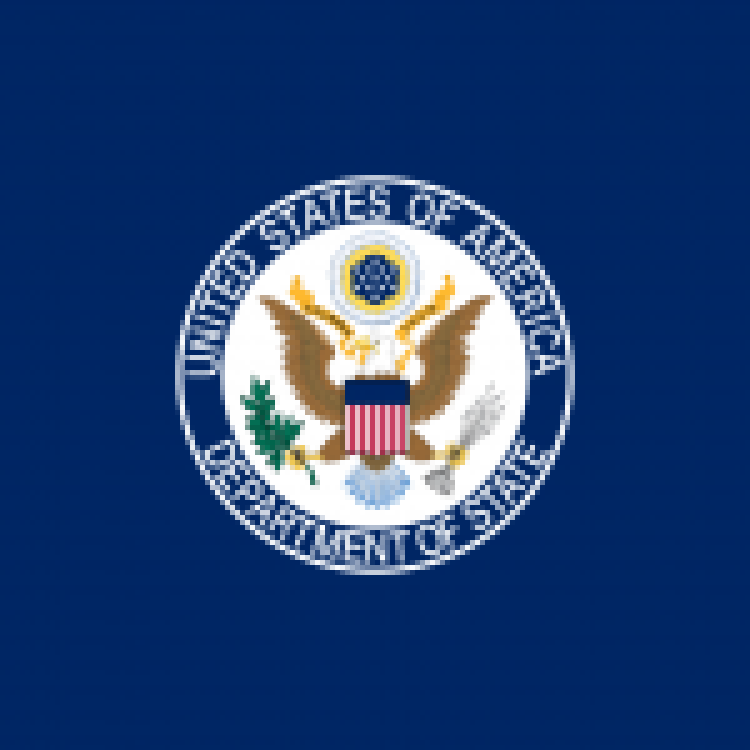
The Sri Lankan government has reversed its blanket ban on the import of chemical fertilisers following widespread and intense protests by the country’s farmers who are overwhelmingly dependent on the commodity, according to a report by the AFP.
The tea plantations, a crucial component of the island’s economy and a source of abundant export revenue, were also severely affected by the ban. Plantations Minister Ramesh Pathirana said that the quality of tea produced with organic fertilisers has witnessed a decline and hence the relaxation of the ban on chemical ones.
Tamil farmers from the districts of Mullaitivu and Jaffna organised protests against the Rajapaksa government demanding that the ban on chemical fertilisers be annulled.
The import ban, touted as an attempt to make a complete transition towards organic farming methods, was in reality an effort to overcome the precarious financial situation of the country.
“Considering the fact that there has been a quality drop in tea that was produced in factories, the government has taken the decision to import sulphate of ammonia,” Pathirana told reporters.
With revenue from tourism plummeting due to COVID-19 and attendant economic financial issues pushing the country to the brink, Sri Lanka found itself unable to service its external debts and address the growing trade deficit. “...its preferred solution for shrinking a trade deficit that has grown to 42% of GDP has been to curb imports, such as fertiliser,” the Economist observed last week.
Read more here.



